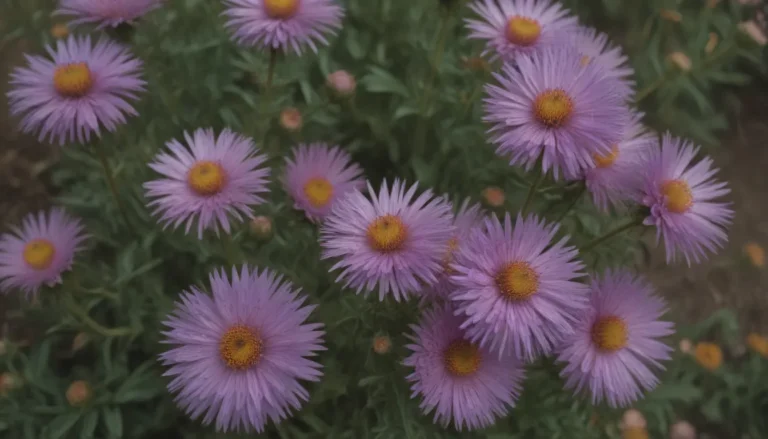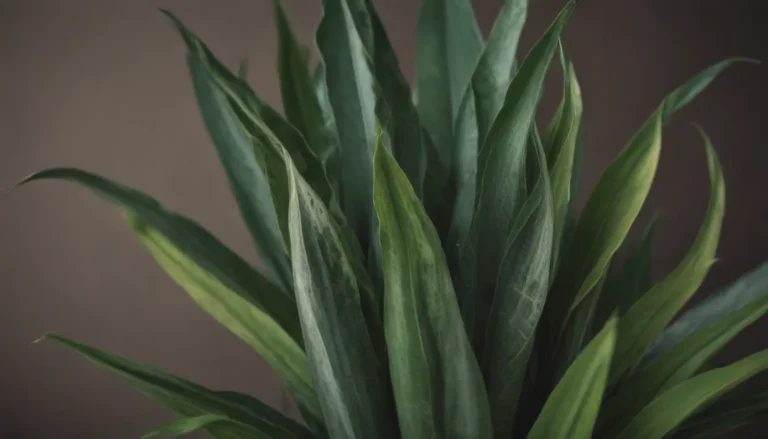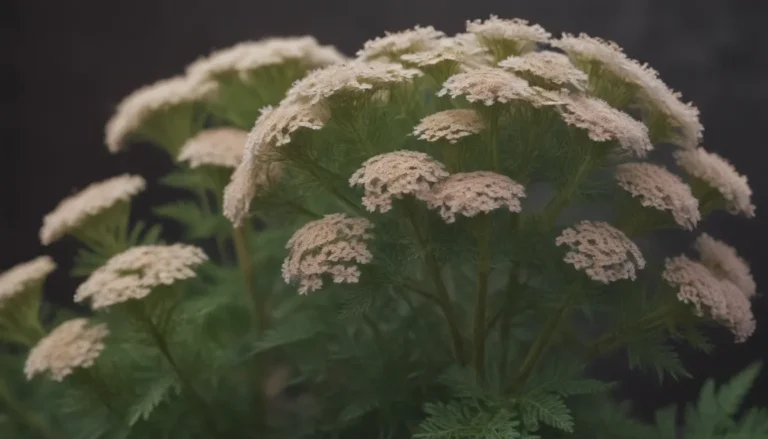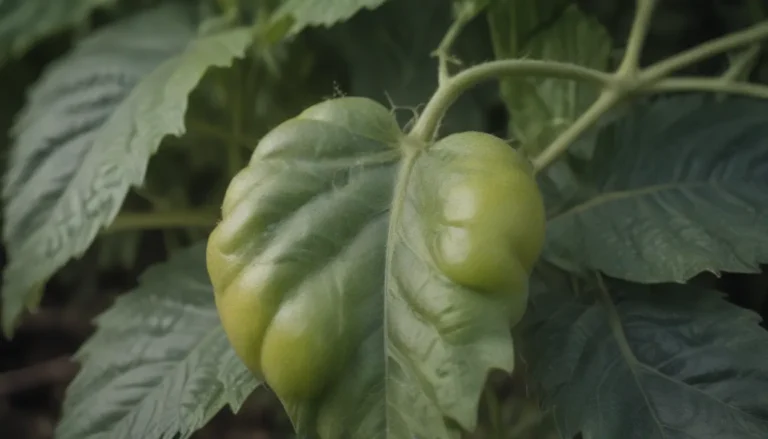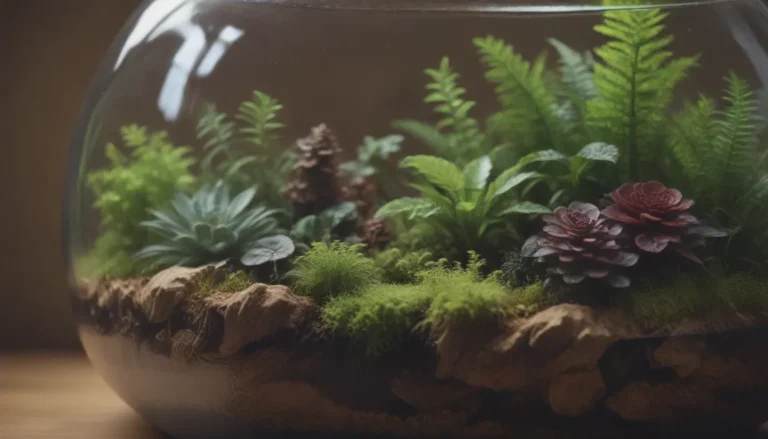Green Manure: A Comprehensive Guide to Improving Your Garden Soil
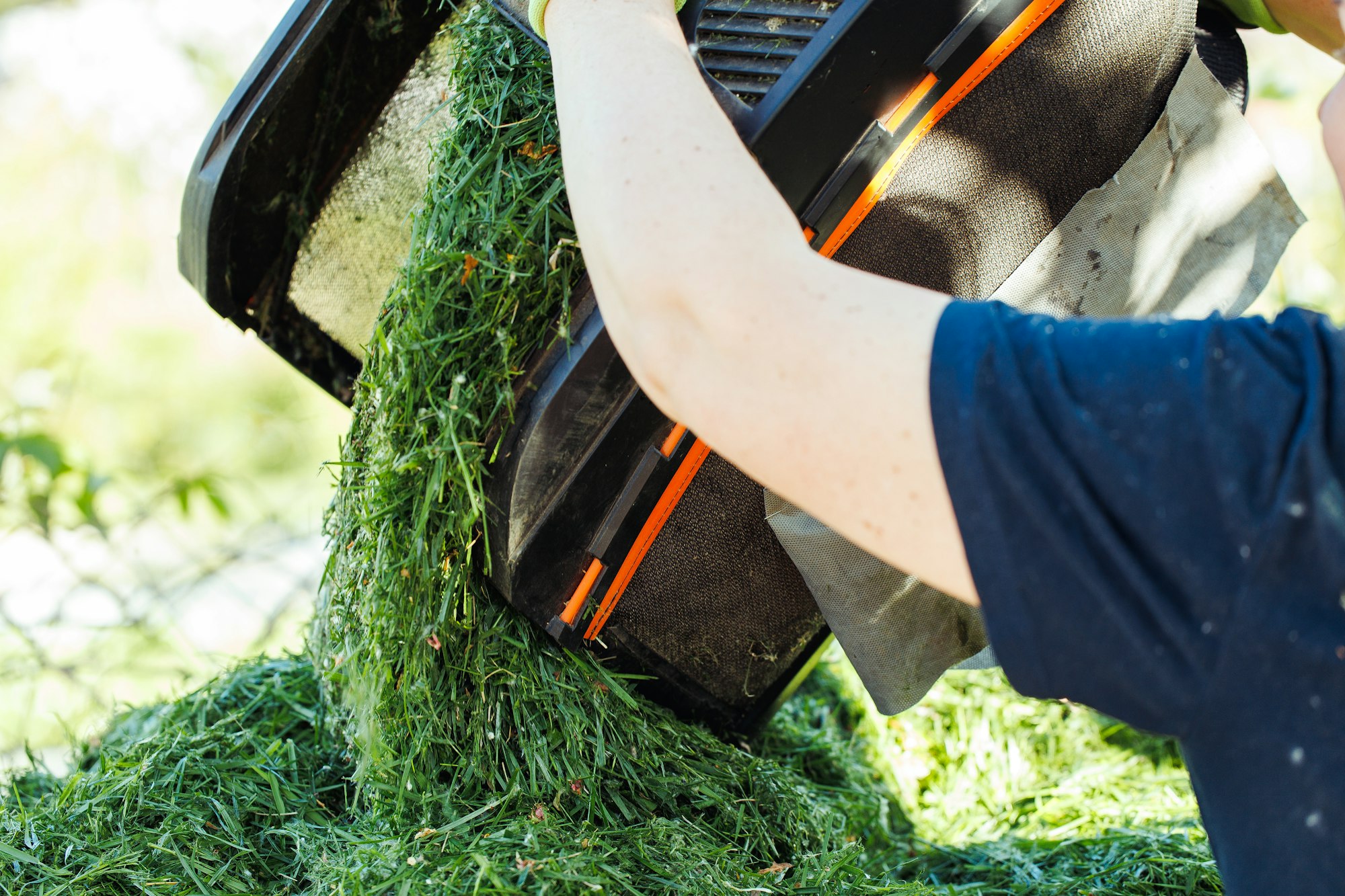
Are you looking for a natural way to enhance your garden’s soil quality without relying on chemical fertilizers? Look no further than green manure! This eco-friendly gardening technique can transform your soil and boost your garden’s productivity. In this comprehensive guide, we’ll explore everything you need to know about green manure and how to use it effectively in your garden.
What Is Green Manure?
Green manure is a powerful soil improvement technique that involves growing specific plants as cover crops and then incorporating them back into the soil. This process enriches the soil with valuable nutrients, improves its structure, and promotes overall soil health. By using green manure, gardeners can create a more sustainable and productive garden ecosystem.
The Benefits of Green Manure
Implementing green manure in your garden offers numerous advantages:
- Soil Enrichment: Green manure crops add essential nutrients to the soil as they decompose.
- Weed Suppression: Dense cover crops help smother and prevent weed growth.
- Erosion Control: The root systems of green manure plants help hold soil in place, reducing erosion.
- Improved Soil Structure: As green manure decomposes, it enhances soil texture and water retention.
- Increased Biodiversity: Cover crops attract beneficial insects and pollinators to your garden.
- Reduced Chemical Dependency: By using green manure, you can decrease reliance on synthetic fertilizers.
Popular Plants for Green Manure
While any plant material that’s grown and then incorporated back into the soil can be considered green manure, some plants are particularly effective:
- Legumes: These nitrogen-fixing plants, such as clover, peas, and beans, are excellent for enriching soil with nitrogen.
- Grasses: Fast-growing grasses like rye and oats are great for weed suppression and improving soil structure.
- Brassicas: Plants like mustard and rapeseed can help control soil-borne pests and diseases.
- Buckwheat: This quick-growing crop is excellent for smothering weeds and attracting pollinators.
How to Use Green Manure in Your Garden
Follow these steps to incorporate green manure into your gardening routine:
- Choose the Right Plants: Select green manure crops based on your soil needs and growing season.
- Timing Is Key: Plant your cover crops at the appropriate time, typically in early spring or late summer/early fall.
- Prepare the Soil: Clear the area of weeds and loosen the soil surface before sowing.
- Sow the Seeds: Broadcast the seeds evenly over the prepared area and lightly rake them into the soil.
- Let Them Grow: Allow the plants to grow until they reach their flowering stage.
- Incorporate into the Soil: Cut down the plants and dig them into the soil, leaving them to decompose.
- Wait Before Planting: Allow 2-3 weeks for the green manure to break down before planting your next crop.
Seasonal Considerations for Green Manure
Different seasons call for different approaches to green manure:
- Spring: Plant fast-growing crops like mustard or phacelia to prepare the soil for summer vegetables.
- Summer: Use heat-tolerant plants like buckwheat or cowpeas during fallow periods.
- Fall: Sow winter-hardy crops like rye or winter peas to protect and enrich the soil over winter.
- Winter: Allow winter-hardy crops to continue growing, or plant early spring varieties in mild climates.
Tips for Maximizing the Benefits of Green Manure
To get the most out of your green manure practices, consider these tips:
- Rotate Your Crops: Use different types of green manure plants to avoid depleting specific nutrients.
- Combine Plants: Mix legumes with grasses or brassicas for a more balanced soil improvement.
- Use Inoculants: When planting legumes, use soil inoculants to enhance nitrogen fixation.
- Mow Before Flowering: If you can’t incorporate the plants immediately, mow them before they set seed.
- Leave Some Roots: When incorporating green manure, leave some root systems intact to improve soil structure.
Common Challenges and Solutions
While green manure is generally beneficial, you may encounter some challenges:
- Slow Decomposition: If green manure isn’t breaking down quickly, try chopping it into smaller pieces before incorporation.
- Pest Attraction: Some cover crops may attract pests. Monitor your plants and choose varieties that deter common garden pests.
- Nutrient Tie-Up: In some cases, decomposing green manure can temporarily tie up nutrients. Plan your planting schedule accordingly.
- Overwintering Weeds: If using winter cover crops, ensure they don’t become weedy by managing them properly in spring.
Green Manure vs. Traditional Composting
While both green manure and traditional composting improve soil quality, they differ in several ways:
- In-Situ Benefits: Green manure improves soil directly where it’s grown, benefiting soil structure and microbial life.
- Time Efficiency: Green manure can be quicker than waiting for compost to mature.
- Space Requirements: Unlike compost piles, green manure doesn’t require additional space in your garden.
- Nutrient Balance: Green manure can provide a more balanced range of nutrients compared to compost.
Frequently Asked Questions
Q: How long does it take for green manure to decompose?
A: Typically, green manure takes 2-3 weeks to break down sufficiently for planting. However, this can vary depending on the plant type and environmental conditions.
Q: Can I use green manure in container gardens?
A: While it’s more challenging, you can use green manure in large containers. Choose fast-growing, shallow-rooted plants and incorporate them into the potting mix before your main planting.
Q: Will green manure attract pests to my garden?
A: Some green manure crops can attract pests, but many also attract beneficial insects. Choose varieties known to deter common garden pests in your area.
Q: How often should I use green manure in my garden?
A: You can use green manure as often as you have fallow periods in your garden. Many gardeners incorporate it into their crop rotation plans, using it once or twice a year.
Q: Can green manure replace all other forms of fertilizer?
A: While green manure significantly improves soil fertility, it may not meet all your plants’ nutritional needs. Use it in combination with other organic fertilizers for best results.
Conclusion
Green manure is a powerful tool in any gardener’s arsenal, offering a natural and effective way to improve soil health and garden productivity. By incorporating this technique into your gardening practices, you’ll create a more sustainable, fertile, and vibrant garden ecosystem. Remember to choose the right plants for your needs, time your plantings well, and be patient as you watch your soil transform. Happy gardening!
